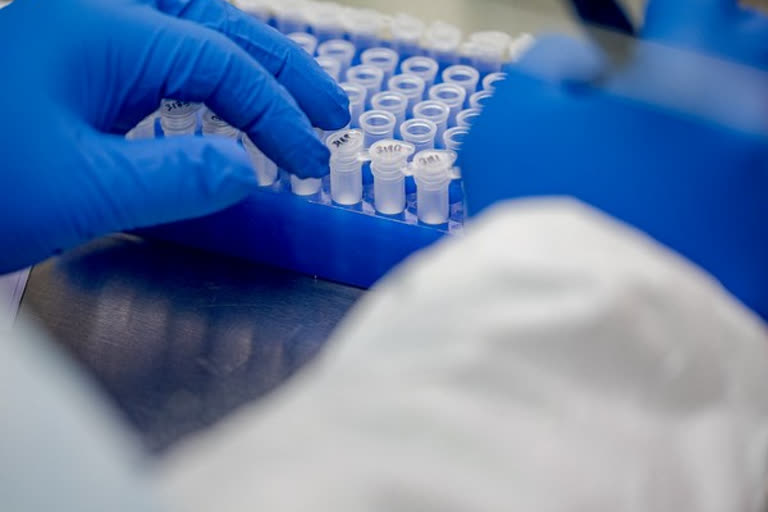Gampela (Burkina Faso): The chain breaks here, in a tiny medical clinic in Burkina Faso that went nearly a year without a working refrigerator.
From factory to syringe, the world's most promising coronavirus vaccine candidates need non-stop sterile refrigeration to stay potent and safe.
But despite enormous strides in equipping developing countries to maintain the vaccine cold chain, nearly 3 billion of the world's 7.8 billion people live where temperature-controlled storage is insufficient for an immunization campaign to bring COVID-19 under control.
The result: Poor people around the world who were among the hardest hit by the virus pandemic are also likely to be the last to recover from it.
The vaccine cold chain hurdle is just the latest disparity of the pandemic weighted against the poor, who more often live and work in crowded conditions that allow the virus to spread, have little access to medical oxygen that is vital to COVID-19 treatment, and whose health systems lack labs, supplies or technicians to carry out large-scale testing.
Maintaining the cold chain for coronavirus vaccines won't be easy even in the richest of countries, especially when it comes to those that require ultracold temperatures of around minus 70 degrees Celsius (minus 94 F).
Investment in infrastructure and cooling technology lags behind the high-speed leap that vaccine development has taken this year due to the virus.
With the pandemic now in its eighth month, logistics experts warn that vast parts of the world lack the refrigeration to administer an effective vaccination program.
This includes most of Central Asia, much of India and Southeast Asia, Latin America except for the largest countries, and all but a tiny corner of Africa.
The medical clinic outside Burkina Faso's capital, a dirt-streaked building that serves a population of 11,000, is a microcosm of the obstacles.
After its refrigerator broke last fall, the clinic could no longer keep vaccines against tetanus, yellow fever, tuberculosis and other common diseases on site, nurse Julienne Zoungrana said.
Staff instead used motorbikes to fetch vials in insulated carriers from a hospital in Ouagadougou, making a 40-minute round-trip drive on a narrow road that varies between dirt, gravel and pavement.
A mother of two who visits the Gampela clinic says she thinks a coronavirus inoculation program will be challenging in her part of the world.
Adama Tapsoba, 24, walks four hours under the scorching sun to get her baby his routine immunizations and often waits hours more to see a doctor.
A week earlier, her 5-month-old son had missed a scheduled shot because Tapsoba's daughter was sick and she could only bring one child on foot.
It will be hard to get a (COIVD-19) vaccine, Tapsoba said, bouncing her 5-month-old son on her lap outside the clinic.
(AP)



